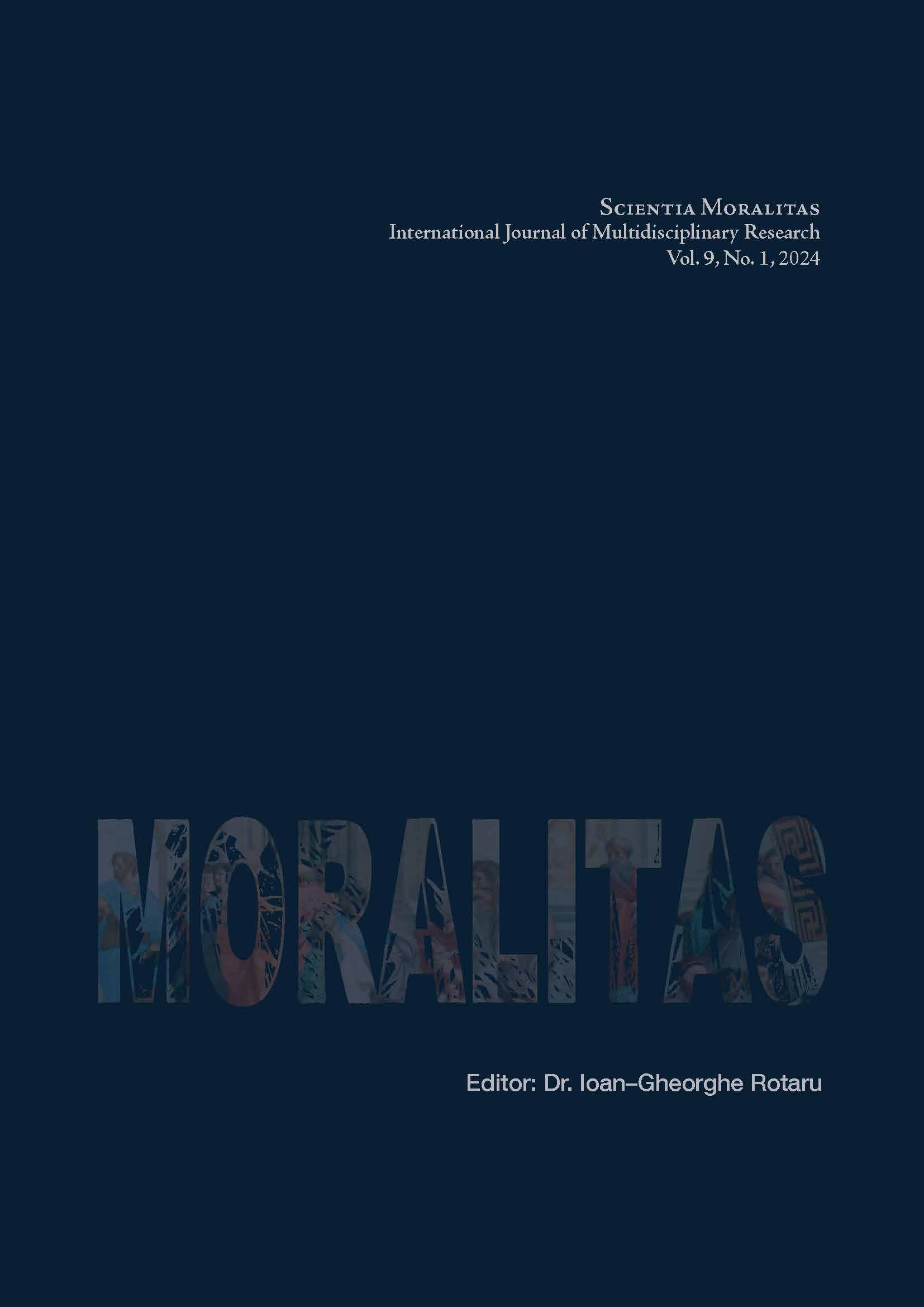Analyzing Current Debates in Management and Organization Studies: A Meta-theoretical Review and Dialectic Interpretation
Analyzing Current Debates in Management and Organization Studies: A Meta-theoretical Review and Dialectic Interpretation
Author(s): Severin Hornung, Thomas HögeSubject(s): Business Economy / Management, Management and complex organizations
Published by: Scientia Moralitas Research Institute
Keywords: Philosophy of science; research paradigms; academic discourse; critical management studies; epistemological critique;
Summary/Abstract: Drawing on concepts from the philosophy of science, dialectically synthesized are academic conflicts grounded in ideological and epistemological heterogeneity in management and organizational scholarship. The presented review and application of the meta-theory of scientific paradigms highlights connections and continuities with prior controversies to delineate, deconstruct, and reappraise current discourses in the pluralistic field of management and organization studies. Differentiating between theories of society emphasizing regulation vs. radical change, and scientific assumptions regarding objective vs. subjective realities, delineates functionalist, interpretive, radical structuralist, and radical humanist paradigms. Subsequent developments have transformed these ontological, epistemological, and axiological configurations into post-positivist (normative, mainstream), interpretive (constructivist, hermeneutic), postmodern (dialogic, poststructuralist), and critical (dialectic, antagonistic) research approaches. Associated meta-theorizing is applied to academic disputes involving critical management studies. Distinguishing degree and location yields four fundamental and foundational inter- and intra-paradigmatic conflicts: 1) the evidence-debate between critical scholars and mainstream functionalists; 2) the performativity-debate within critical management studies; 3) the managerialism-debate between radical structuralists and poststructuralists; and 4) the ideology-debate representing influences on adjacent fields, exemplified by an emerging critical paradigm in work and organizational psychology. Interdependent dynamics underlying these conflicts are framed as fermenting and fragmenting forces, driving paradigm delineation, differentiation, disintegration, and dissemination. The developed meta-theoretical perspective aims to facilitate more self-reflexive scholarship, meaning-making, and knowledge-creation by promoting deeper understanding and more proficient navigation of the organizational literature as an ideologically contested terrain of social science. Theorizing on research paradigms is helpful to make sense of underlying ontological, epistemological, and axiological fault lines. Trajectories of future developments are speculated about with a focus on dialectics between critical management studies and the emerging paradigm of critical work and organizational psychology.
Journal: SCIENTIA MORALITAS - International Journal of Multidisciplinary Research
- Issue Year: 9/2024
- Issue No: 1
- Page Range: 1-32
- Page Count: 32
- Language: English

